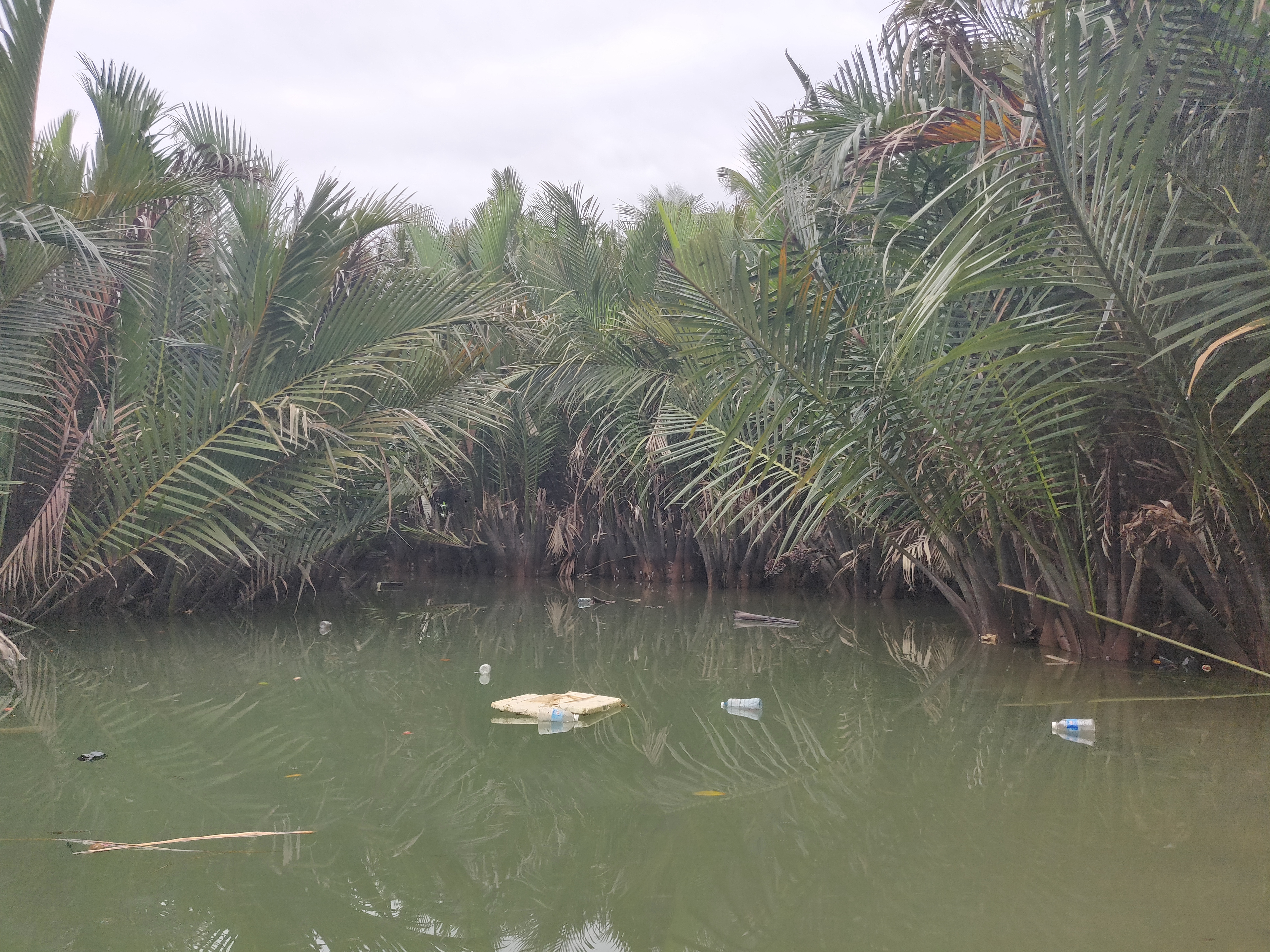I consider myself a strong supporter of ecotourism. When planning a trip anywhere the first thing I do is look for the best ecotourism destinations within the country we’ve decided to visit. Then I look for companies that provide eco-friendly and eco-conscious options. In Indonesia, we discovered Bukit Lawang Jungle Trekking. In Thailand we discovered Elephant Nature Park.
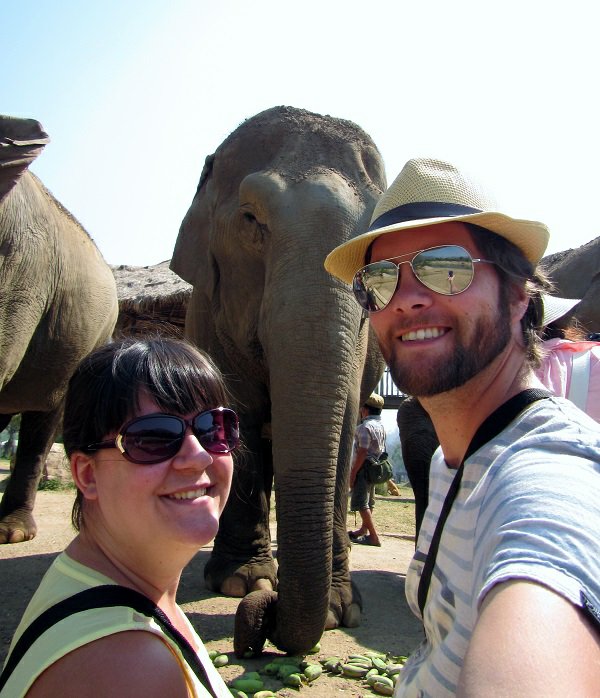
As a strong supporter of Ecotourism, I am very opposed to the following activities:
- Elephant riding (torture)
- Tiger Parks (over-breeding & drugging animals as well as farming Tiger parts for TCM and other gross activities)
- Any tour where wild animals are fed, touched or interacted with unnecessarily
- Any experience that involves using animals as entertainment (unless you’re just watching them be animals…I find that quite entertaining, actually!)
- Any tour that involves unnecessary damage to the environment
- Any activity that promotes the destruction of natural habitats
- Any activity that takes advantage of the poor, disabled or young
- …..
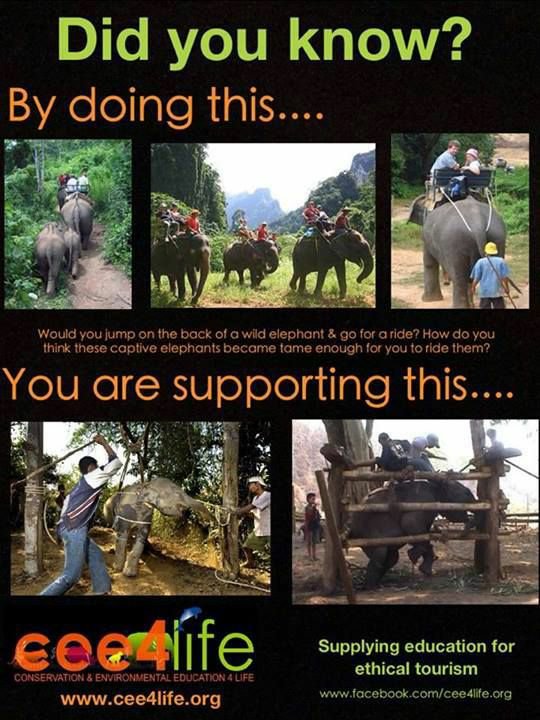
I typically do a lot of research before booking an eco tour with any company. I was in touch with the folks at Bukit Lawang Jungle Trekking for weeks before I booked. I wanted to make sure that my presense in the jungle wasn’t going to be harmful to the animals and I wanted to make sure that I was working with an ethical company that pays its employees fair wages and gives back to the community.
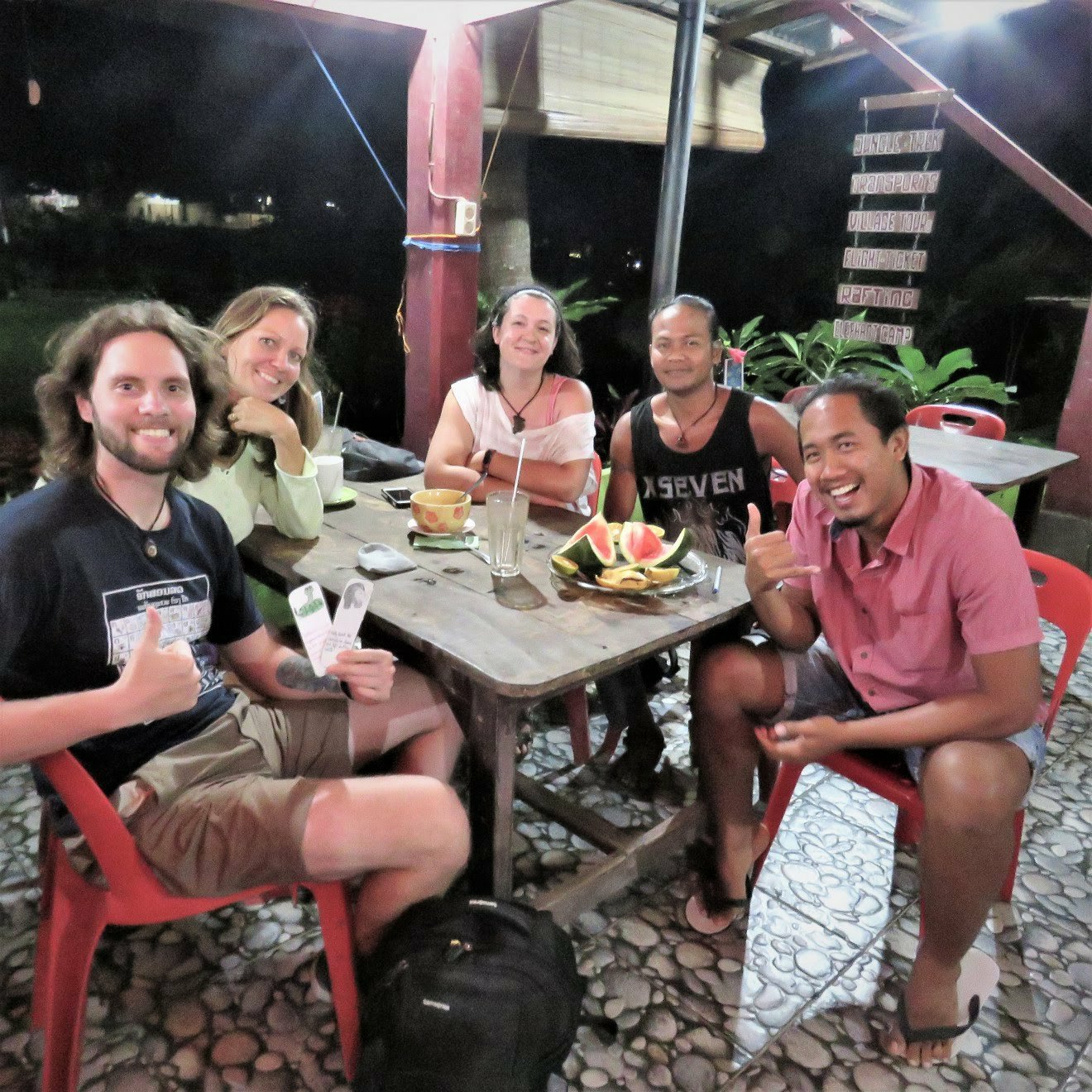
Our trip to Vietnam this time around didn’t have much on the itinerary, to be honest. We just wanted a low key holiday to relax and enjoy some sunshine. Of course, a lot of our time here has been cloudy (and therefore a bit cold), so we’ve been finding non-beach related things to do as we go.

Our last morning in Hoi’an was spent doing something that was labeled an “eco tour”. Now, given the price of this tour I wasn’t expecting much. I figured we’d go out in a little coconut boat for a bit, paddle around, admire some coconut trees and that would be all. I was wrong (and I HATE being wrong!)
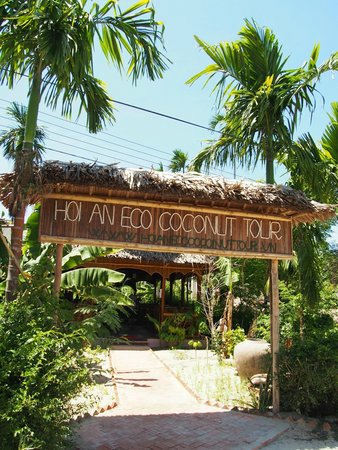
We’ve run into this before. Many companies like to use the word “eco” to attract people, but never give a thought as to what “eco” is supposed to mean. For example, on a good eco tour, your guide will speak softly, so that they don’t disturb the local wildlife. This is what we experienced during our Hong Tour in Phucket. It was lovely and we ended up seeing several wild animals because no one was shouting and scaring them away.
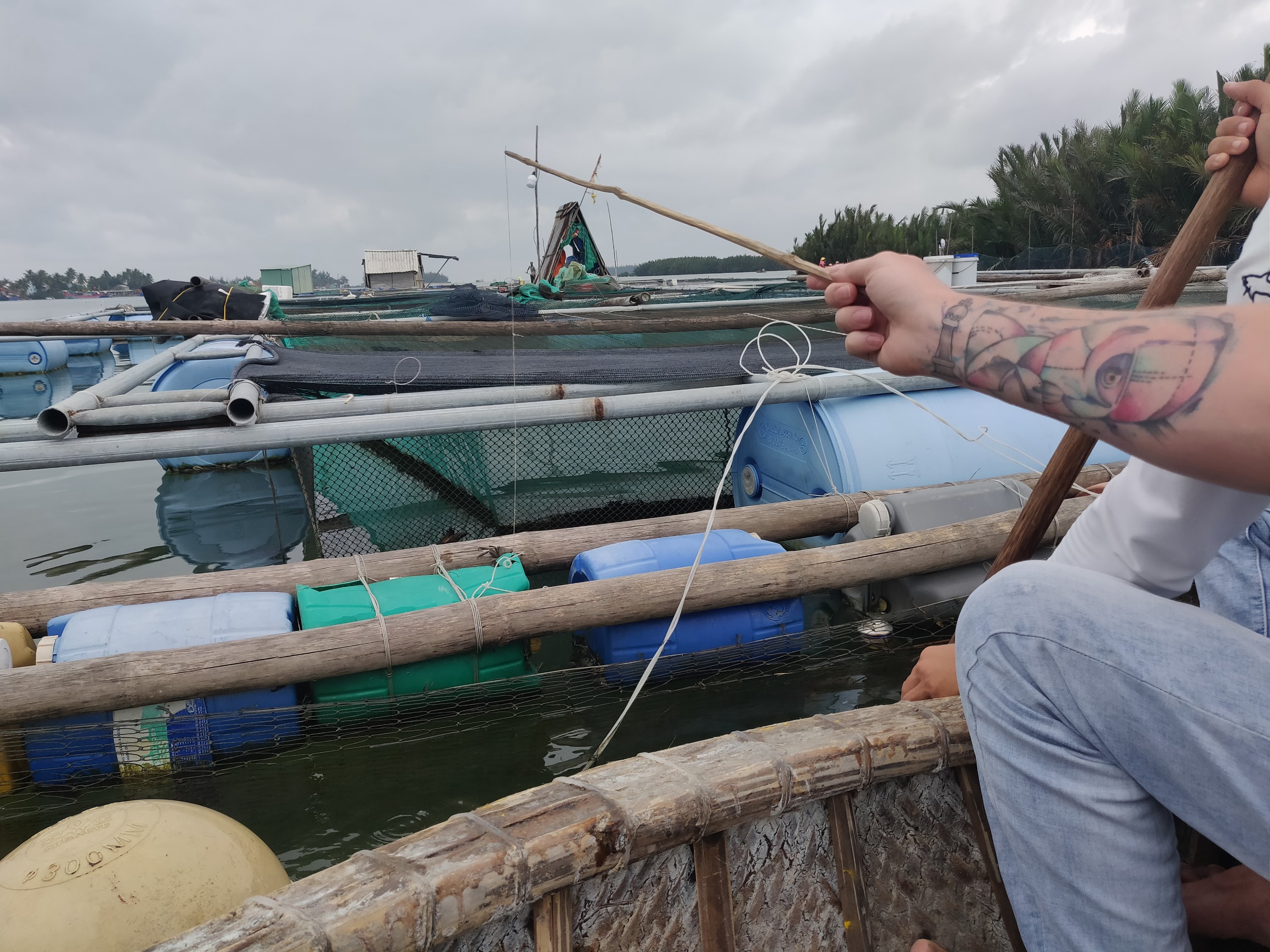
In Indonesia, our guides picked up any garbage they saw in the jungle. Sardi, my favourite of our guides, even kept his cigarette butts and didn’t leave them behind, even though he easily could have.
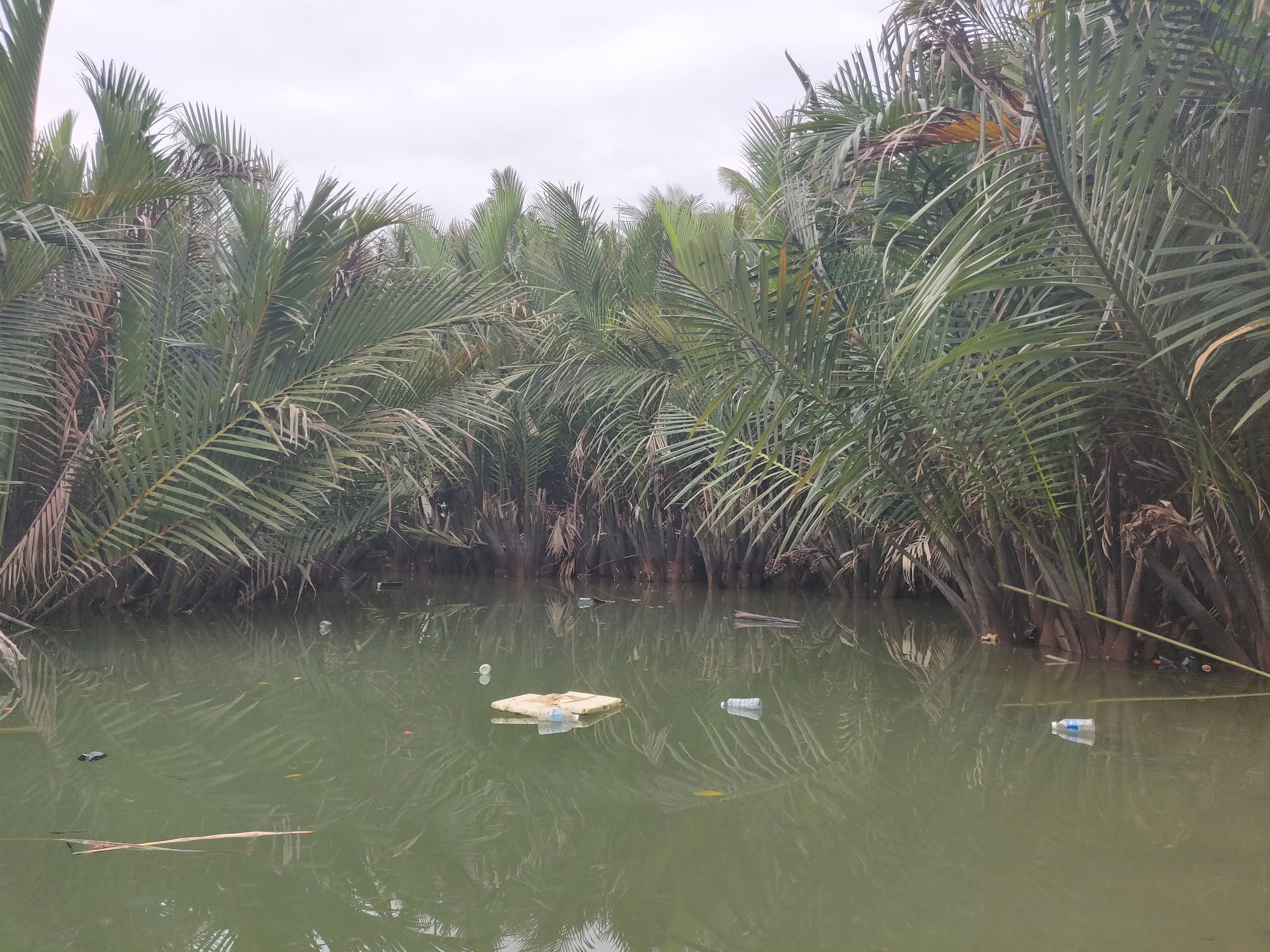
In Bukit Lawang, Phuket and Chiang Mai, culture was celebrated. Staff were treated well and we were taught about traditions and customs. In Bukit Lawang we got to hear our guides tell stories about how they grew up in the jungle village. We learned about their families and we compared Indonesian culture with Canada’s and China’s. In Thailand we learned about the ancient custom of releasing lanterns into the water. Our guide taught us how to make them so that they are 100% biodegradable so that there is no pollution left behind.
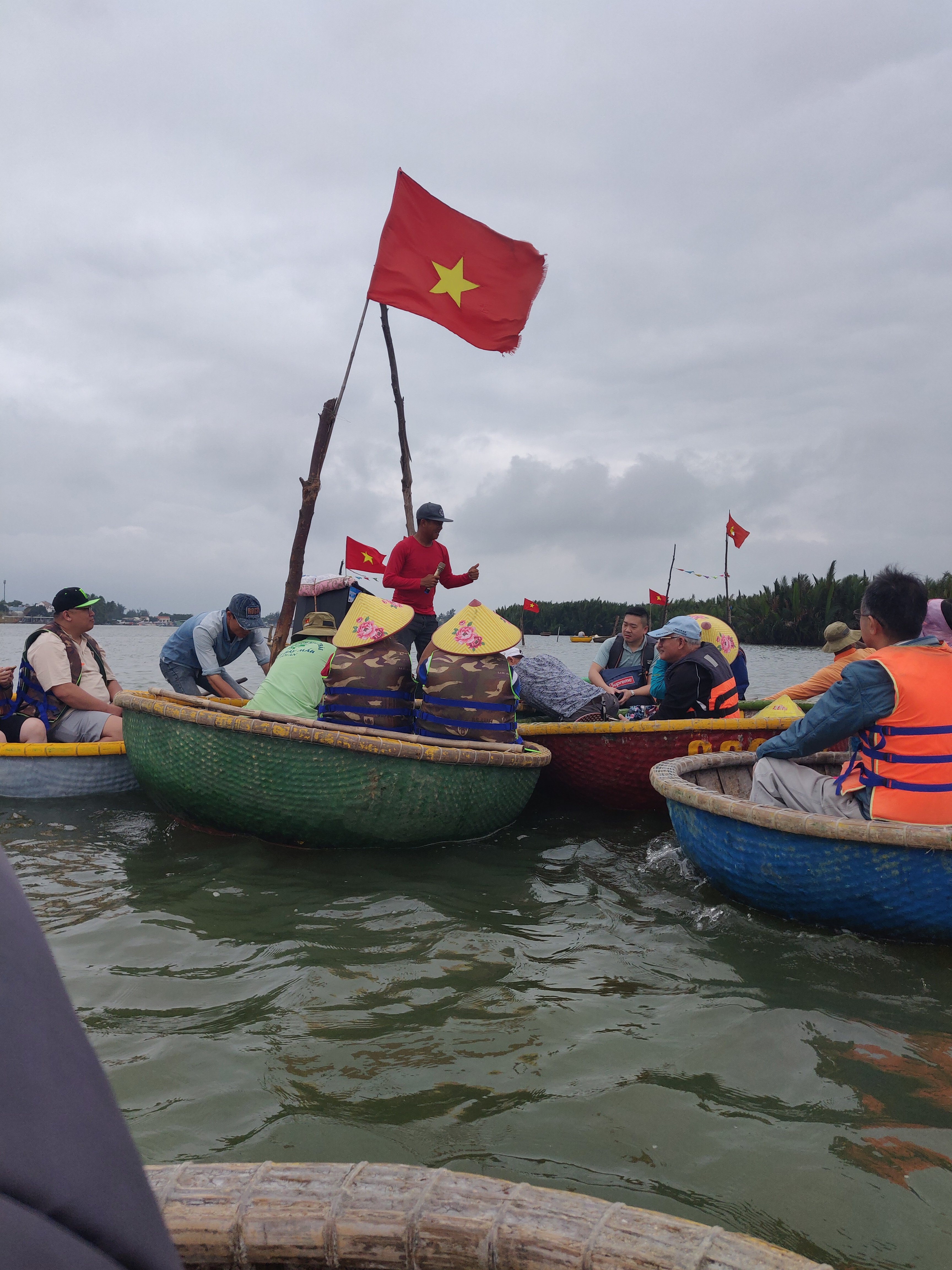
The easiest way to tell if you are in a “mass tourism” situation or if you’re on a legit eco tour is this: Ecotours typically feel relaxing. You feel like you’re part of something good. You remember your guide’s names. You remember little details that made you smile. You have time to really experience things.
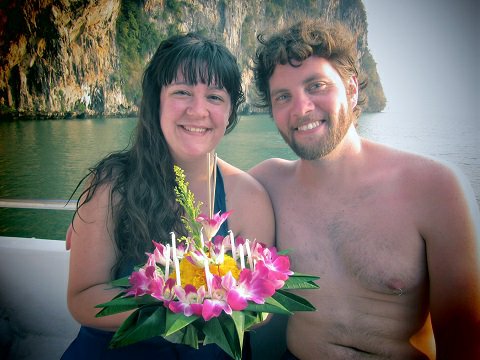
Mass tourism, on the other hand, feel rushed. You’re on an assembly line. No one tells you their names, or if they do, it’s a formality and they never call you by yours. You’re rushed from one point to the next, they ask you for money many different times for many different reasons, and then you’re on your way.
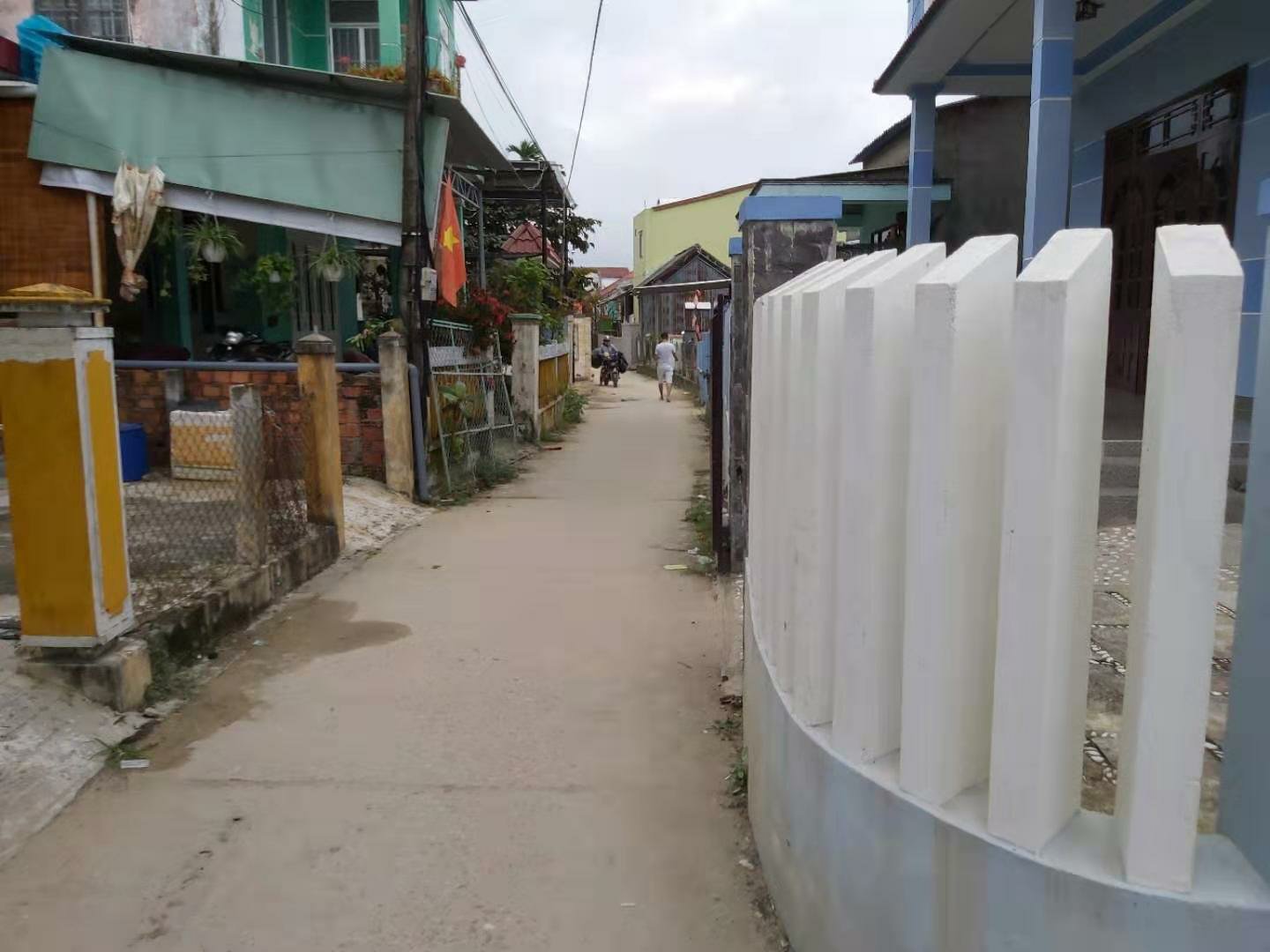
If you’re reading this and wondering about those Coconut Tours… Please don’t waste your time or your money. Spend a bit of time online and look for something that is more dignified, because I promise you’ll enjoy yourself more.

Pro Tip: if you’re online and confused about which companies are doing real eco tours and which are just using the words to lure people in, here are some good things to look for:
- The definition of Ecotourism somewhere in there website
- Mentions of conservation or wildlife protection
- mentions of building up their community or community projects that the company is currently working on
- Ethical employment
- Slightly higher costs (because they’re looking at quality of experience… Not quantity of guests)
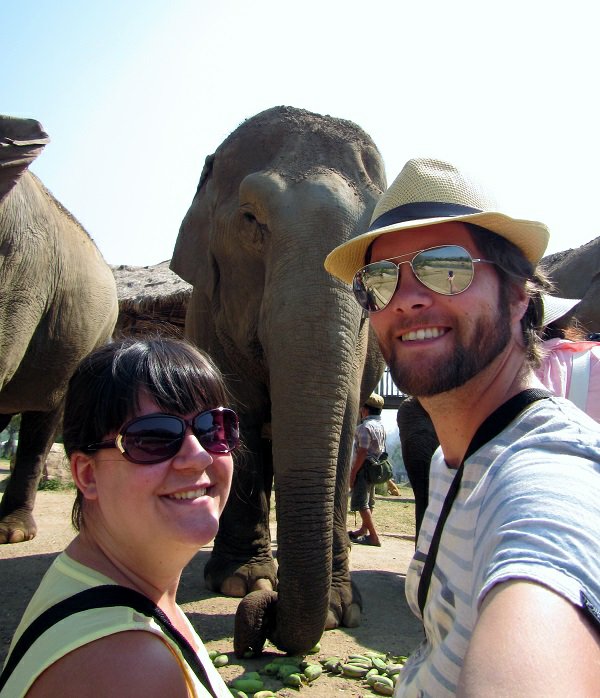
If I want to look at the bright side, at least I can say that this was a good reminder of why we don’t do stuff like this anymore!
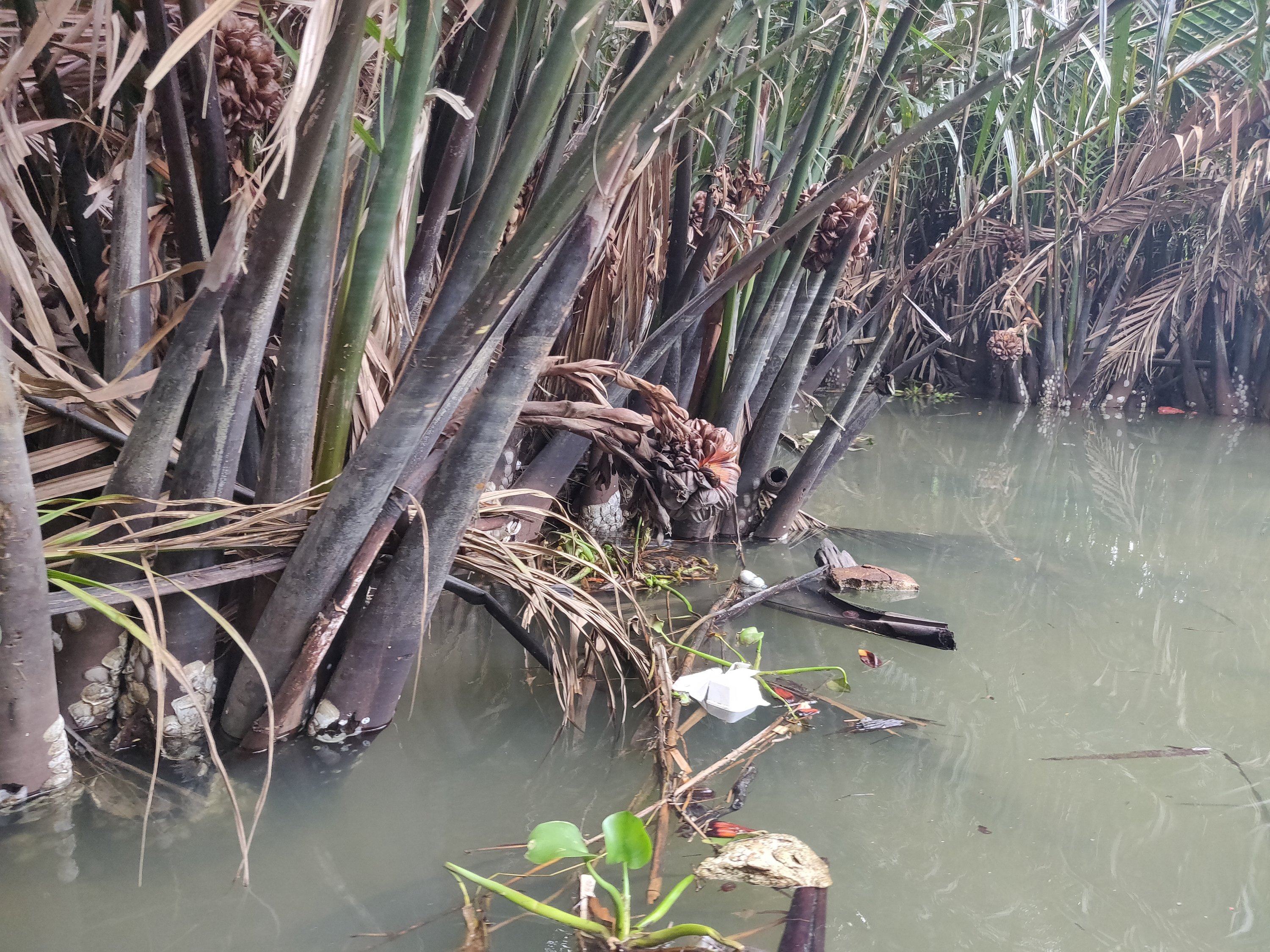
I’ll try and catch up tomorrow!!!
